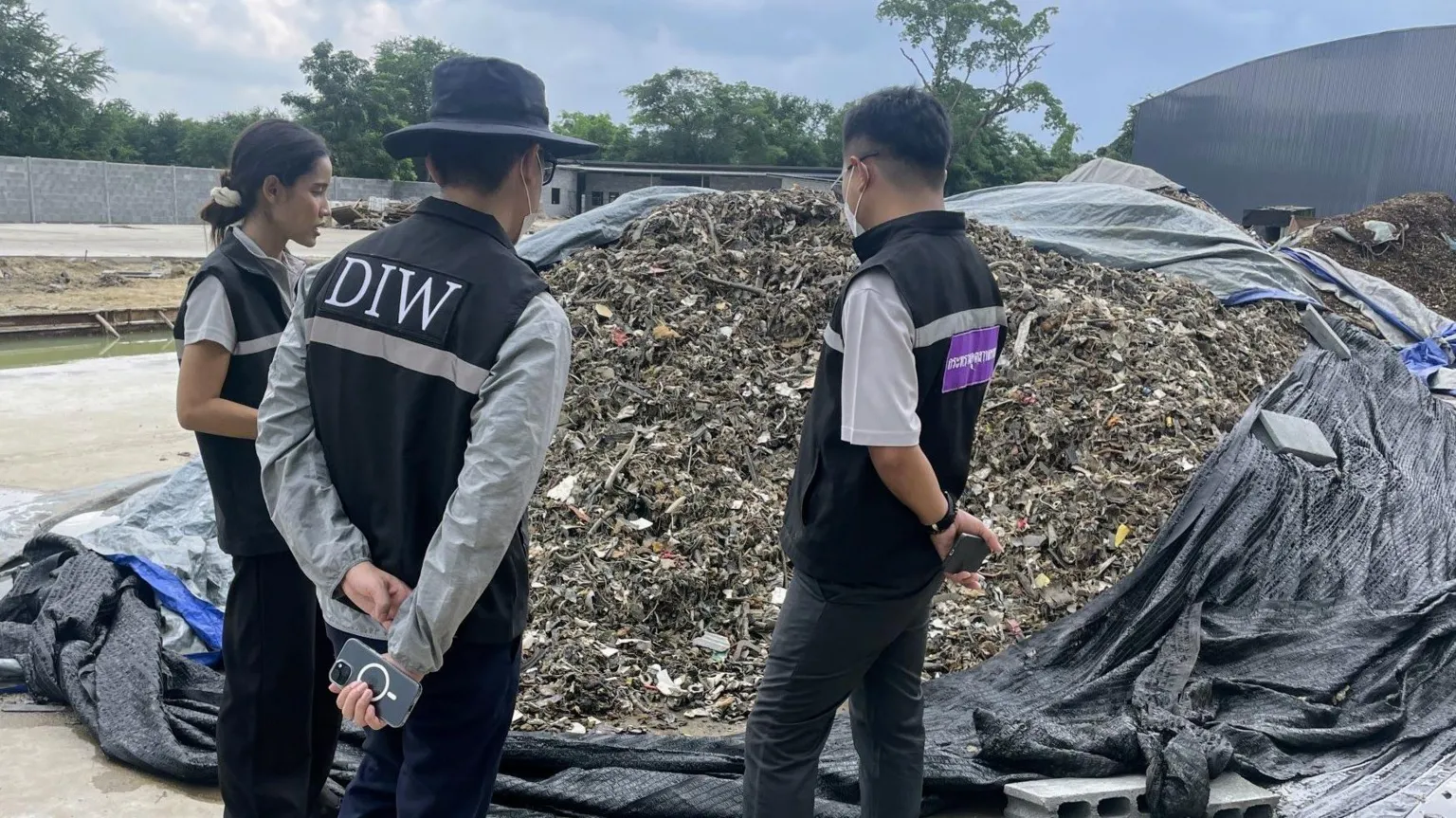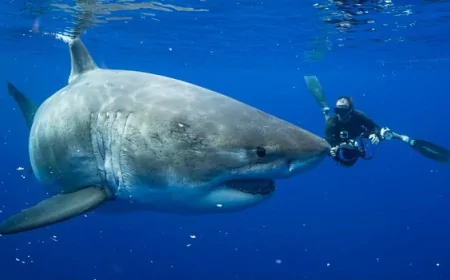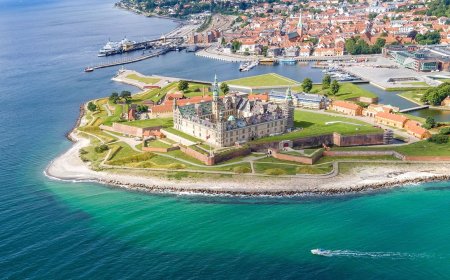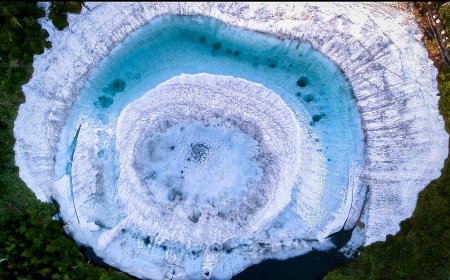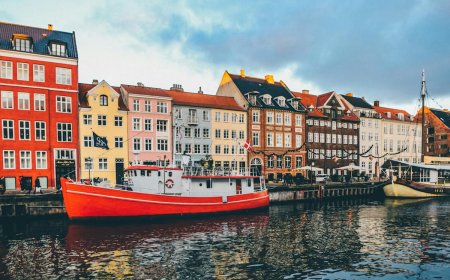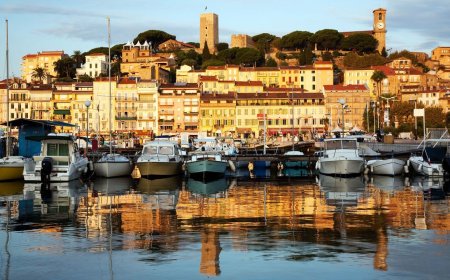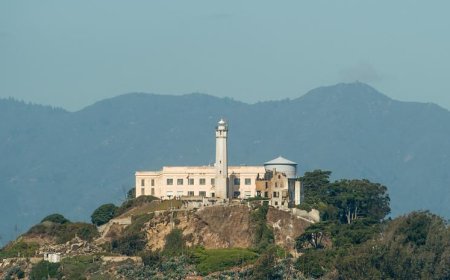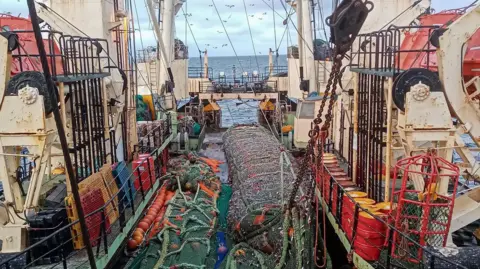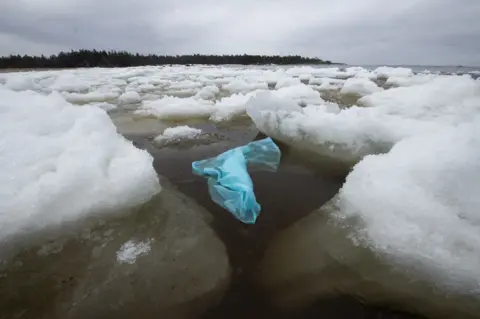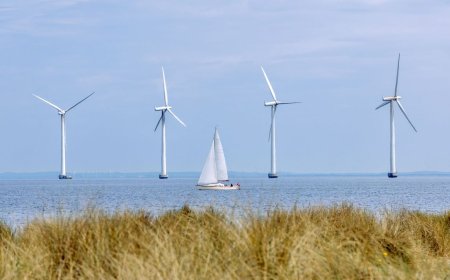Glimmer of hope' for marine life at UN Ocean conference
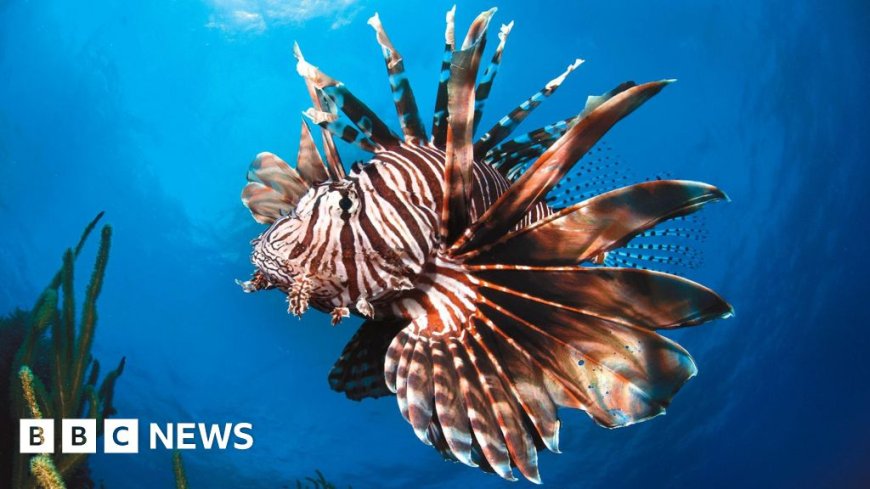
The UN Ocean conference has been heralded a success, with more countries ratifying a key treaty to protect marine life and more progress on curbing plastics and illegal fishing in our seas.
Nearly 200 countries came together in Nice, France to discuss how to tackle the most pressing issues facing the oceans.
The world's seas are facing threats on multiple fronts from plastic pollution to climate change.
Sir David Attenborough said ahead of the conference that he was "appalled" by the damage from certain fishing methods and hoped leaders attending would "realise how much the oceans matter to all of us".
ted areas.
Prior to the conference only 27 out of the 60 states needed to bring it into force had ratified. Over just a few days that figure jumped to 50, and a dozen more agreed to would ratify by the end of the year. The UK said it would begin the process before 2026.
This is record time for a UN agreement, explained Elizabeth Wilson, senior director for environmental policy at environmental NGO The Pews Trust.
"We have worked on many different treaties over the years and ratification often takes five years, seven years.
"So the fact the High Seas Treaty is on the cusp of it entering into force really shows the global momentum behind working to protect more of the high seas," she said.
Major nations including the US and China have not ratified the treaty although they are signatories, indicating their intention to do so in the future.
And Russia, which has never supported it because of concerns over its impact on fisheries, said on Friday it would continue with that stance.
But US diplomats experienced in UN negotiations praised the progress.
"From progress on the High Seas Treaty to French Polynesia's marine protected area, UNOC provided the latest proof that when we work together, real accomplishment is possible," said John Kerry, former US Secretary of State and Climate Envoy.
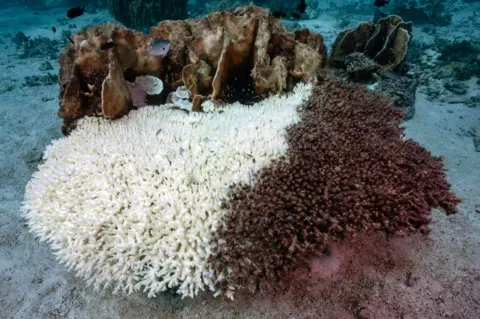 Lillian Suwanrumpha/AFP/Getty Images
Lillian Suwanrumpha/AFP/Getty Images
More countries also came forward with promises to put their own national waters into marine protected areas (MPAs) and restrict the most harmful fishing practices.
During the week the UK announced it would seek to ban bottom trawling in nearly a third of English MPAs.
This has been long been a demand of environmental charities, and more recently Sir David Attenborough, who argue that without such bans the protection just exists on paper.
The largest ever marine protected area was also launched by French Polynesia in its own waters, and 900,000 sq km of that will ban extractive fishing and mining - four times the size of the UK.
With this commitment and others made during the conference, 10% of the oceans are now in protection.
"This is sending a message to the world that multilateralism is important," Astrid Puentes told R4's Today programme on the final day.
"We need this leadership. The ocean is a single biome in the planet, it is all connected so we absolutely need to strengthen international law," she continued.
However, progress on limiting destructive fishing practices globally has been difficult without the participation of China - which operates the largest fleet in the world.
But at the conference its government announced it had now ratified the Port State Measures Agreement - a legal commitment to eliminate illegal and unregulated fishing.


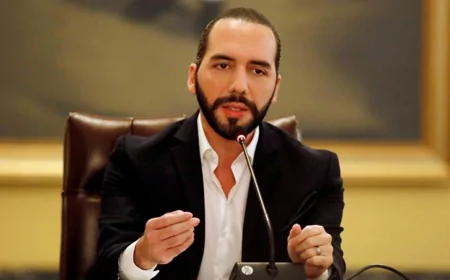


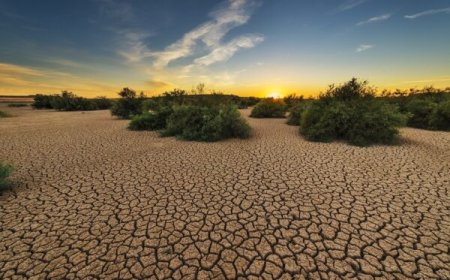
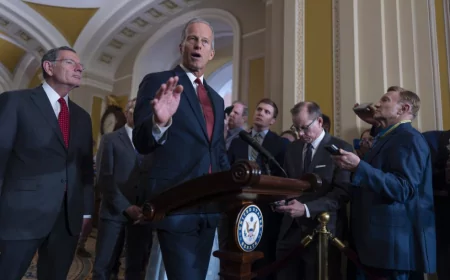
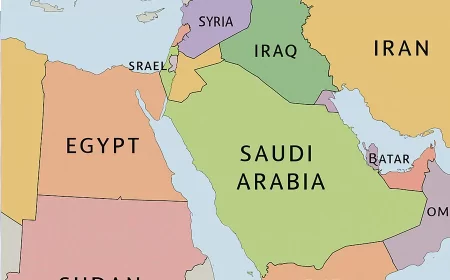





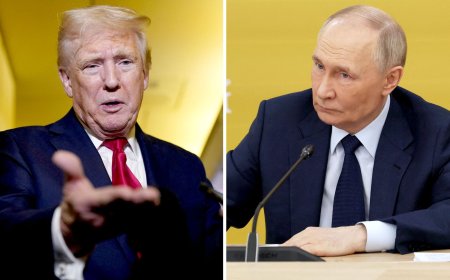


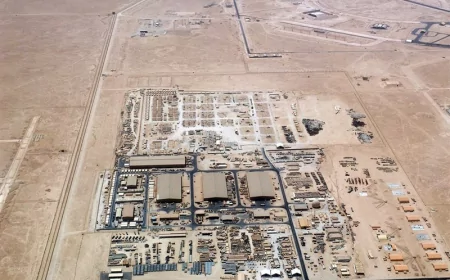
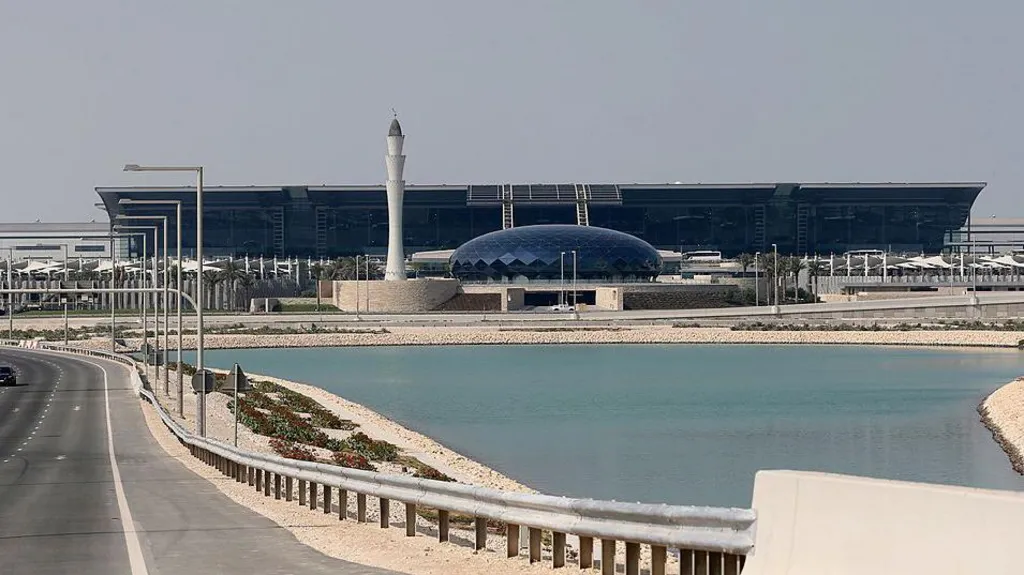


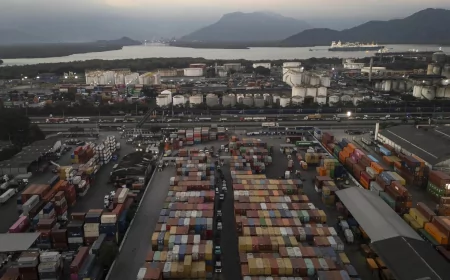
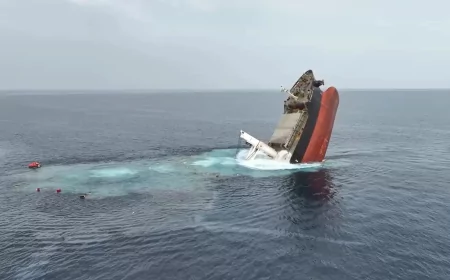
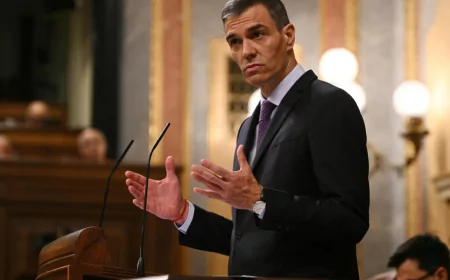

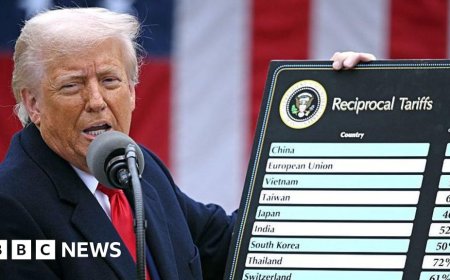
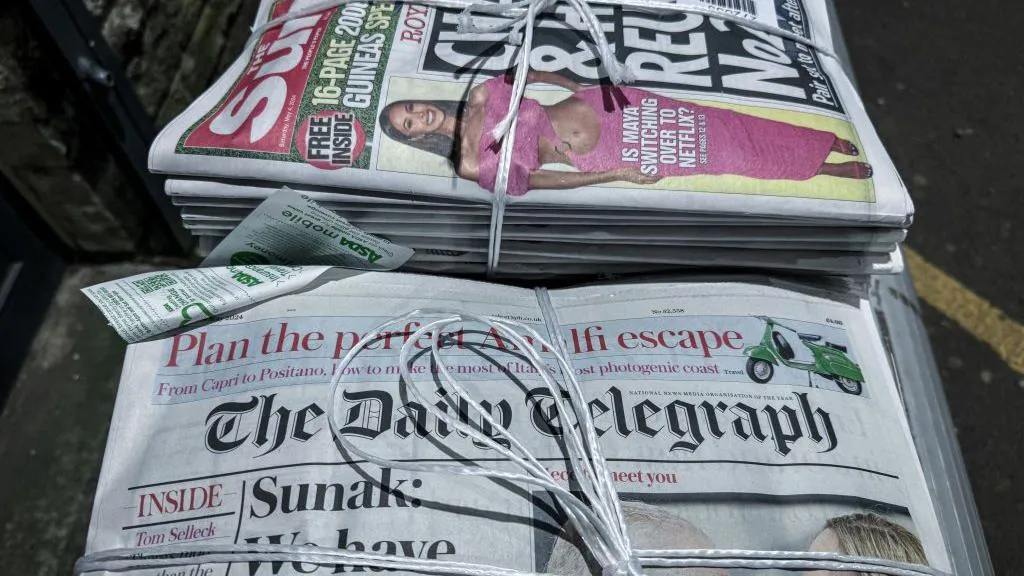










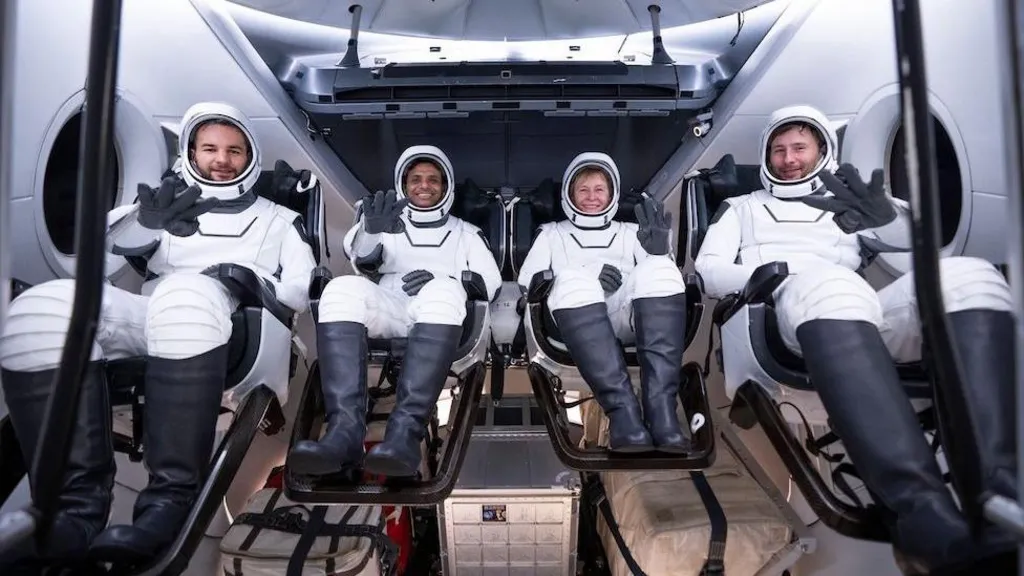




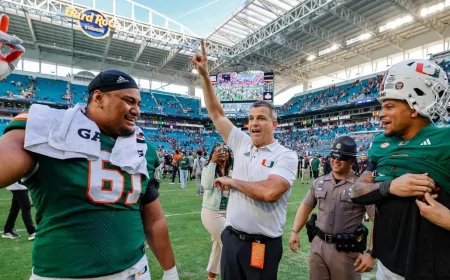
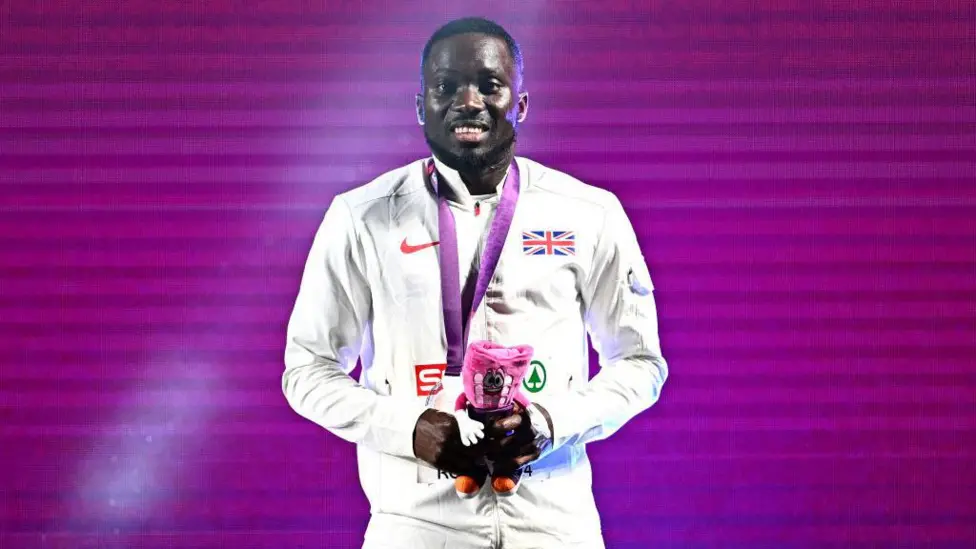





:format(webp)/cdn.vox-cdn.com/uploads/chorus_image/image/73776247/1227541383.0.png)

